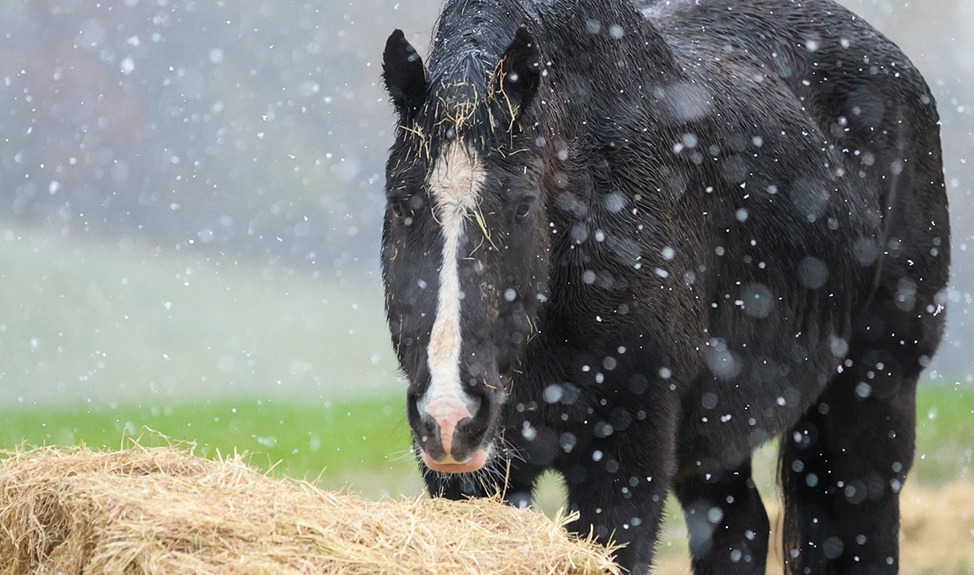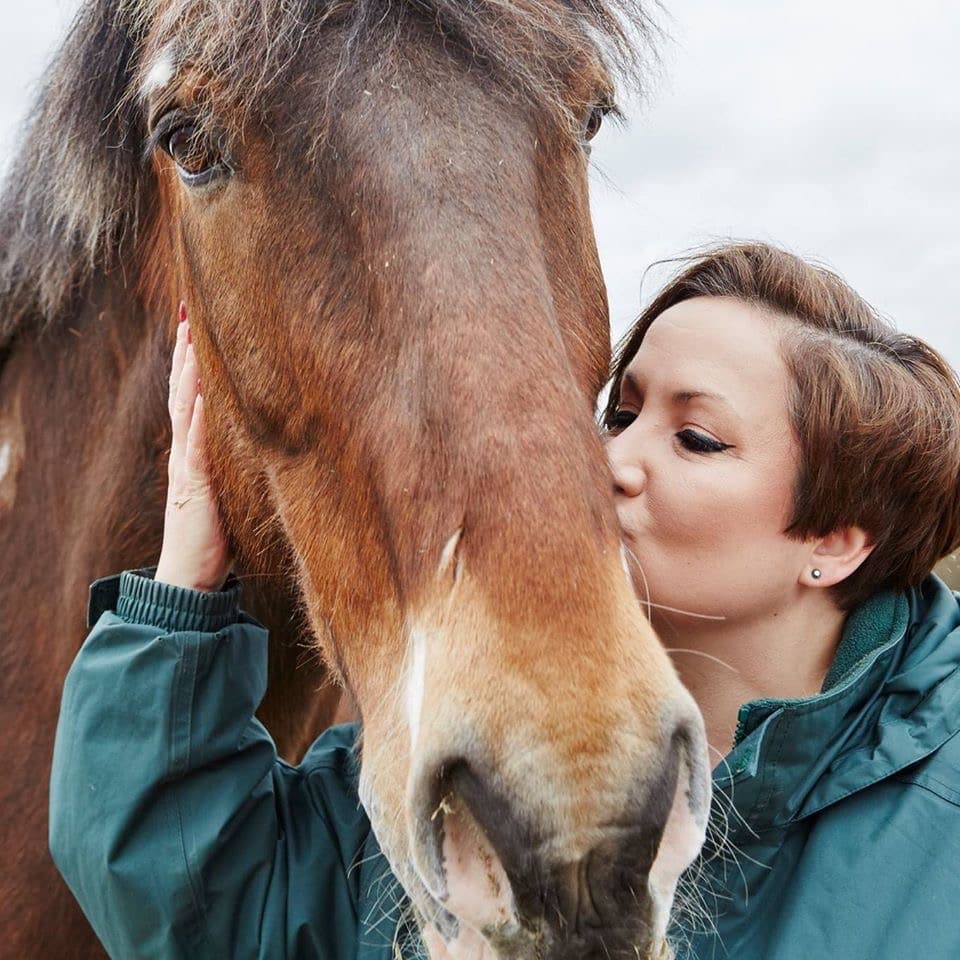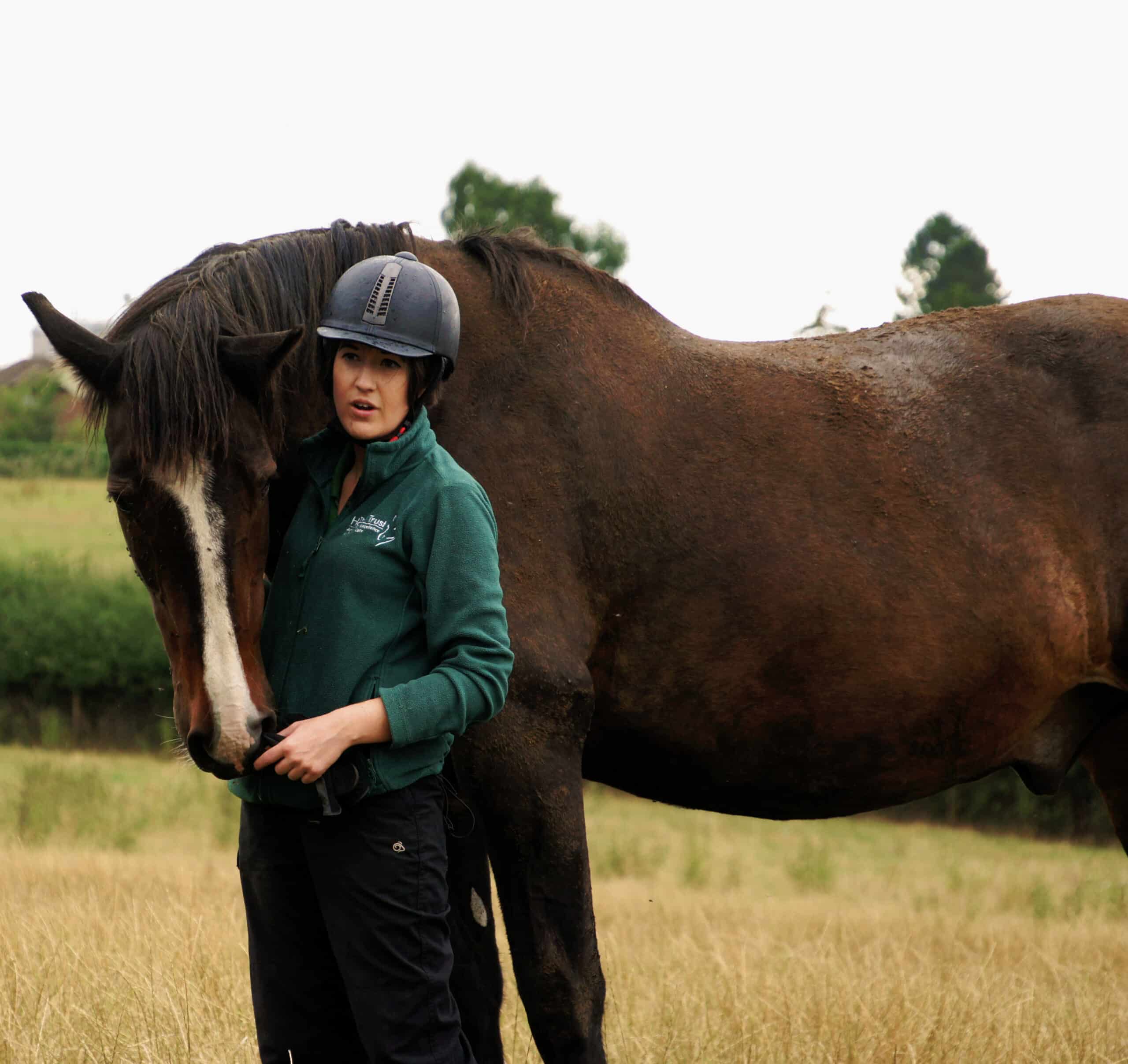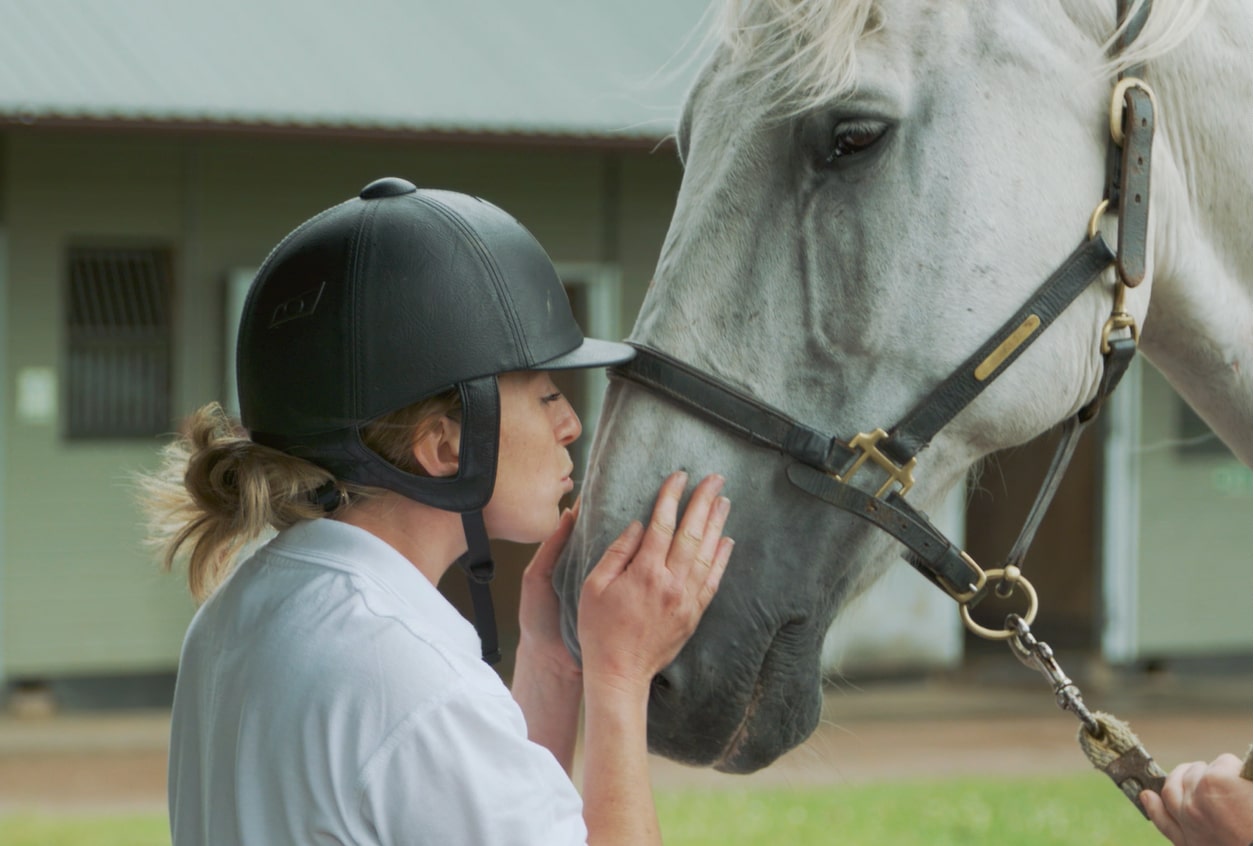Your cart is currently empty!
Clegg discovered this change by collecting and examining both the respiratory secretions, and the cells that lined the airway from horses both with and without respiratory disease.
“Understanding how mucins change in respiratory disease is the first step in developing new treatments for this condition. Once we are able to find how these changes are regulated, we may be able to develop better treatments for equine respiratory disease,” said Clegg.
Clegg also found that horses which produced high levels of mucin genes have increased numbers of goblet cells in their airways, indicating that a key regulatory step may be the actual production and development of the glandular cells, rather than the absolute production of the mucin proteins.
The next stage of The Horse Trust-funded research will look at how mucin levels are controlled and affected by treatment in vitro. The ability to affect mucin production and its viscosity would hugely improve the veterinary management of horses with all forms of respiratory disease, and ultimately improve the welfare of all types of horses
Clegg’s research into horse mucins is to be submitted to the Equine Veterinary Journal and American Journal of Physiology.
Related Posts
MAKE A WORLD OF DIFFERENCE

We receive no government funding, so your support is vital in providing specialist care for our residents and advancing research and training to benefit horses everywhere.
Donate today to help us continue this essential work.

 Donate
Donate
















